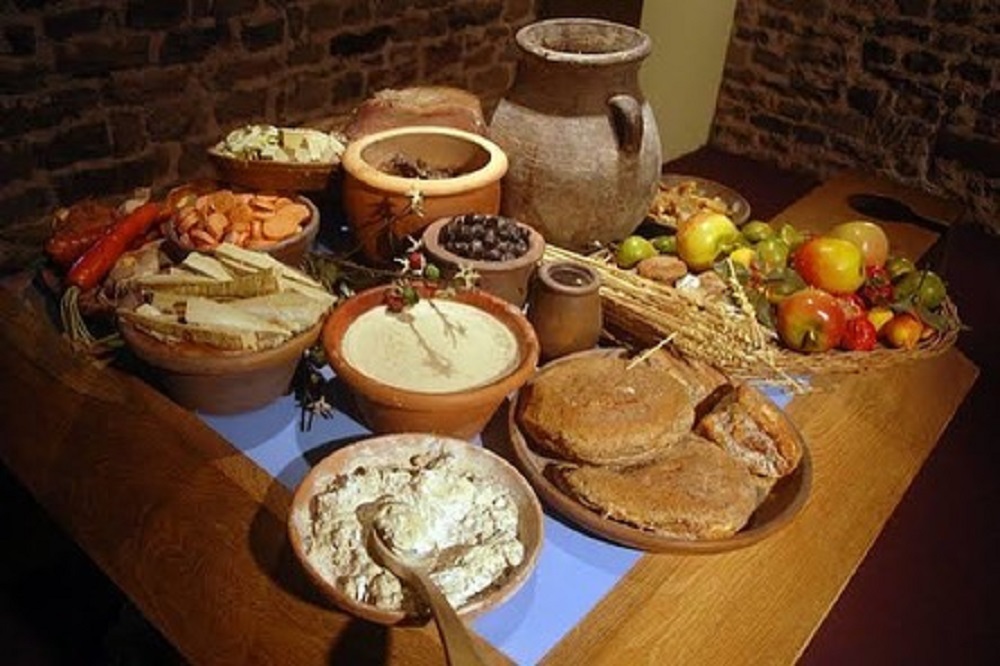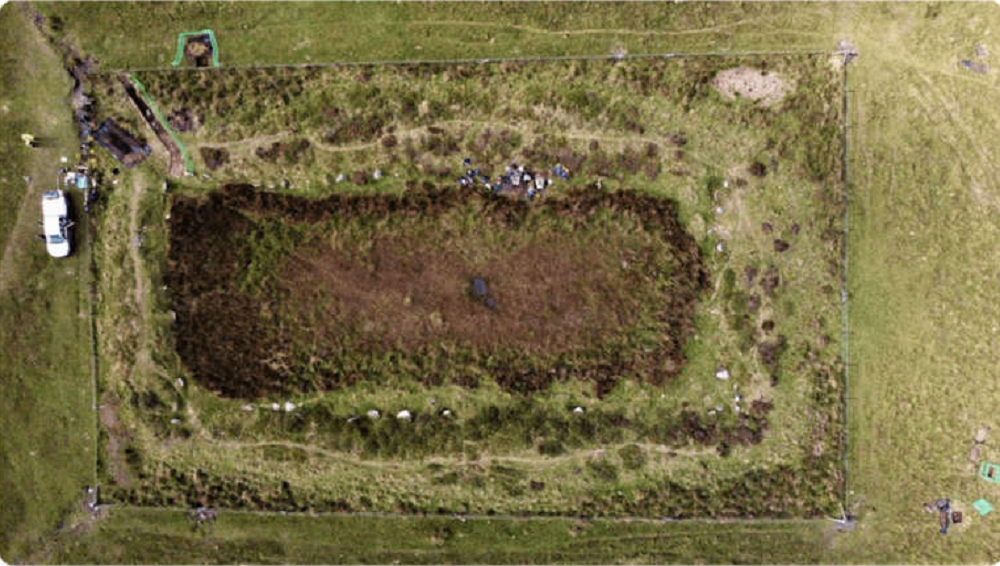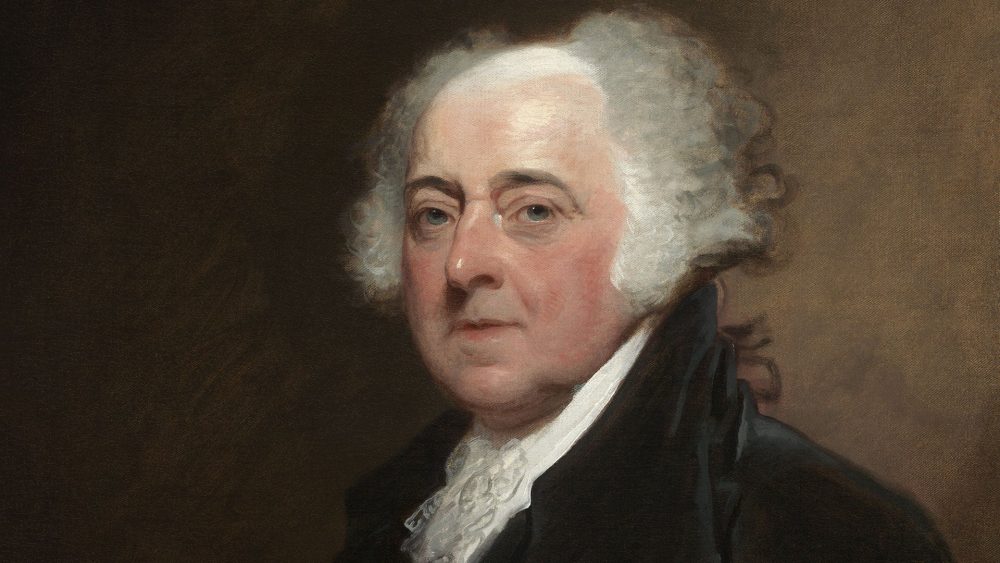Today, Artificial Intelligence (AI) has become a buzzword in recent times, especially with the rapid advances in computing power and the increasing amount of data available. Its implications have been discussed at length in various fields, from healthcare to finance.
However, AI is not a new concept, and it is not just the product of the computer age. Our forefathers also had a keen interest in AI, although they may not have used the term itself.
Today, we will examine how interested our forefathers were in AI and what they had envisioned for its potential. without any further ado, let's dive deep:
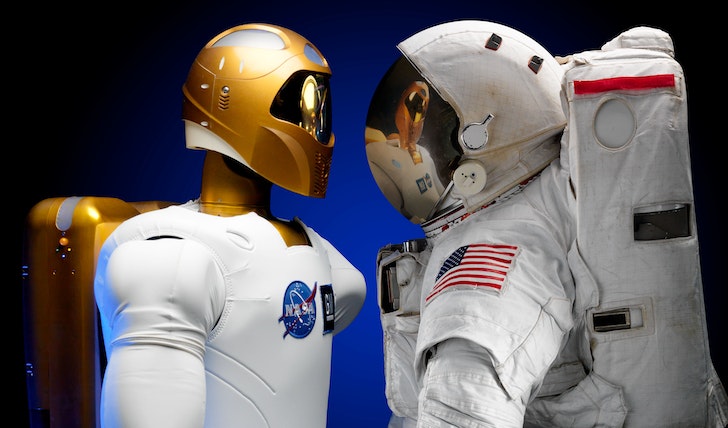
Pixabay / Pexels | According to early data, AI has been deeply rooted in the very existence of mankind.
The Ancient Greeks & the Concept of Automatons
Even in ancient times, there were tales of machines that could move by themselves without human intervention. The concept of automation was explored by the Ancient Greeks and they created automaton figures in toys and weapons. One such automaton was reportedly built by the famous mathematician Archytas back in the fourth century BC.
However, these machines were not artificially intelligent in the modern sense, as they were not self-learning. They required direct human input and control but are an early example of humanity's fascination with automata and machines.
The Renaissance and the Automata
The Renaissance period saw a focus on technological developments. The Italian Leonardo da Vinci explored the idea of automation and created several mechanical devices, such as robots, that had programmable movements.
During this period, mechanical automata were crafted for entertainment purposes, which simulated human and animal behavior. The first such automaton was designed by JuaneloTurriano, a Spanish polymath.
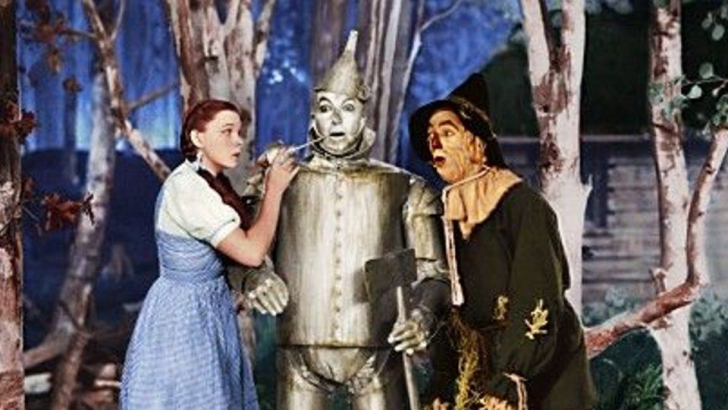
Kiro | The concept of 'automation' was pretty common in Greece. Classic writers had envisioned the 'automation' of day-to-day tasks.
Even clockmakers during the Renaissance created mechanical items that performed repetitive mechanical movements. These devices sparked the imaginations of the intellectuals of the time who saw great potential in the automation of tasks.
The Industrial Revolution & the Emergence of AI
During the Industrial Revolution era, the advent of machinery and the mass production of goods spurred the development of automation. It enhanced product lines and programmable machinery. The assembly line devised by Ransom Olds revolutionized automobile manufacturing.
In turn, this led to easy mass production. Advances in electronics engineering and computer science later brought about the development of truly intelligent machines like computers. In the 1950s, computers were developed that could perform mathematical functions, paving the way for modern computing.
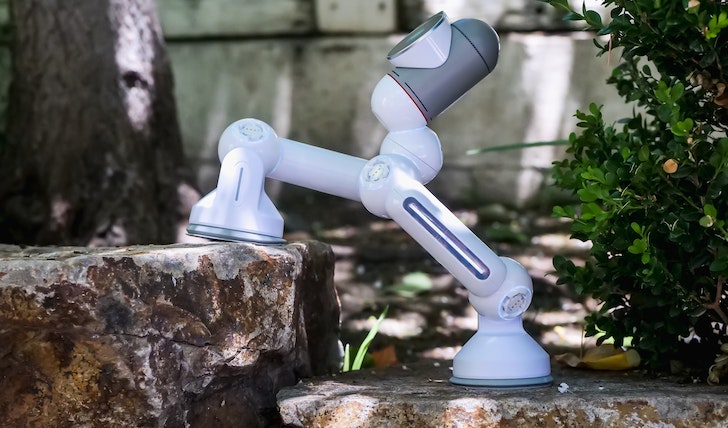
Kindle / Pexels | During the 14th to 17th century, the concept of AI was propagated by literary groups across Europe.
The Modern-Day: AI and its Applications
Today, AI is one of the most groundbreaking fields in computer science. The development of neural networks, deep learning, and machine learning has facilitated the creation of intelligent software agents that can learn from their environment and interactions.
AI technologies like natural language processing, robotics, and predictive analysis have been developed. Fairly so! These provide insights and analysis needed to meet various needs in a variety of sectors. The potential of AI is vast, ranging from personalized medicine to autonomous driving to intelligent energy management systems.

